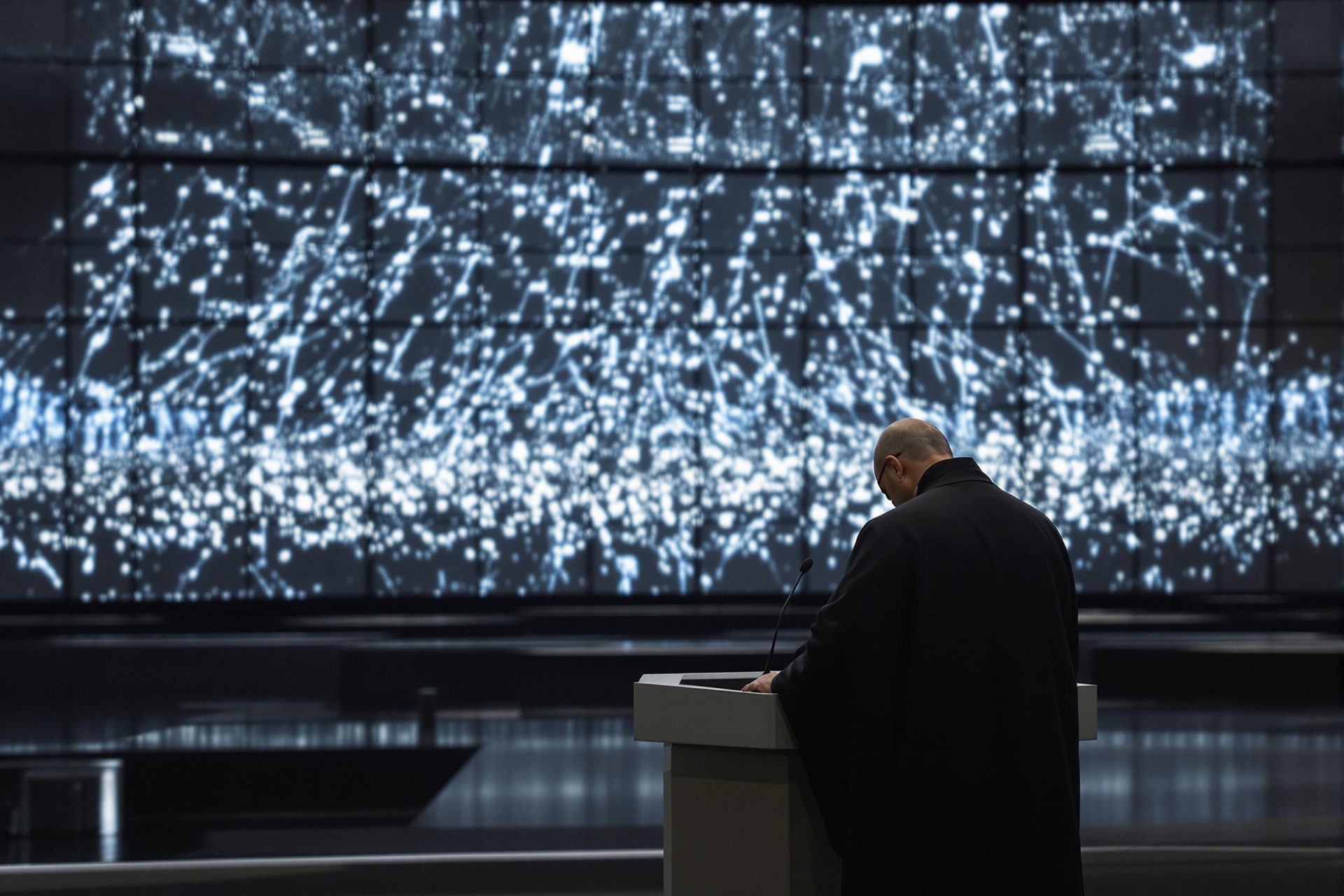Key Takeaways
- Pope Leo XIV, the new pontiff, has quickly made artificial intelligence a central theme of his leadership.
- He is concerned about AI’s impact on human dignity and justice, drawing parallels to the challenges of the Industrial Revolution.
- The Vatican has been addressing AI ethics for years, with previous Popes also expressing caution.
- The Church intends to use its enduring teachings to navigate the complex issues raised by AI.
Artificial intelligence might seem an unusual priority for a new Pope, but Leo XIV is wasting no time addressing its profound implications. The recently elected leader of the Catholic Church has highlighted AI in several public statements, signaling its importance for his papacy.
He even chose his papal name, Leo, partly in homage to Pope Leo XIII, who guided the Church through the upheavals of the Industrial Revolution in the late 19th century. Pope Leo XIV sees a clear connection between that era and the current AI boom.
In his first news conference, he stated that “responsibility and discernment” are crucial to ensure AI’s “immense potential” benefits humanity rather than diminishing it. He recalled Leo XIII’s encyclical “Rerum Novarum,” which championed workers’ dignity, warning that AI now poses similar threats.
The Church plans to offer its “treasury of her social teaching” to confront what he terms “another industrial revolution.” This focus isn’t surprising to ethicists like Linda Hogan from Trinity College Dublin. She noted that anyone observing current events would identify AI as a pressing issue.
Experts, including those with a religious perspective, view AI’s rapid development as one of this generation’s most significant events. It touches on social justice, human rights, employment, creativity, bioethics, surveillance, bias, inequality, warfare, and disinformation.
For the Church, as Hogan explained, the fundamental question is whether this new technology serves human dignity or undermines it. Pope Leo XIV, who holds a mathematics degree, is giving this particular emphasis early in his tenure.
However, concern over AI is not new to the Vatican. The late Pope Francis and Pope Benedict XVI also addressed the topic. Ilia Delio, a theologian specializing in science and religion, mentioned that the Church is “always wanting to guard the human person,” as anything that might distort our divine image is alarming.
Back in 2007, Pope Benedict XVI cautioned scientists about placing excessive trust in AI. Later, in 2020, under Pope Francis, the Vatican, alongside tech giants IBM and Microsoft, endorsed the “Rome Call for AI Ethics,” promoting ethical algorithm development, or “algorethics.”
Just last year, Pope Francis, who reportedly preferred handwriting to computers, became the first pope to address the Group of Seven (G7) summit, discussing AI’s dangers. He warned against a “technocratic paradigm” and AI’s potential to diminish human decision-making and wisdom.
“We would condemn humanity to a future without hope if we took away people’s ability to make decisions about themselves and their lives, by dooming them to depend on the choices of machines,” Francis cautioned at the time.
The Vatican City State also recently issued its own AI guidelines. These rules prohibit AI systems that foster social inequality, violate human dignity, or make discriminatory judgments about individuals, according to The Washington Post.
Earlier this year, the Vatican released “Antiqua et Nova” (“Ancient and New”), a document exploring AI and human intelligence. It warns that humanity might create a substitute for God if it turns to AI as a superior “Other,” ultimately becoming “enslaved to its own work.”
AI surfaces questions the Catholic Church has pondered for centuries: What constitutes ethical behavior? How do we nurture our humanity? What does it truly mean to be human?
Joseph Vukov, a philosophy professor at Loyola University Chicago, explained that Catholic tradition offers a richer view of humanity than mere computational ability. It emphasizes fundamental human dignity and our embodied, relational nature.
Over-relying on technology, like excessive screen time or letting AI do our thinking, can be spiritually harmful. Vukov pointed out that tasks like seeking recommendations or writing thank-you notes, if outsourced to AI, diminish human connection and creativity.
Many people are seeking moral wisdom to understand these changes. Vukov believes this is “a gift the Catholic Church can offer the rest of the world.”



